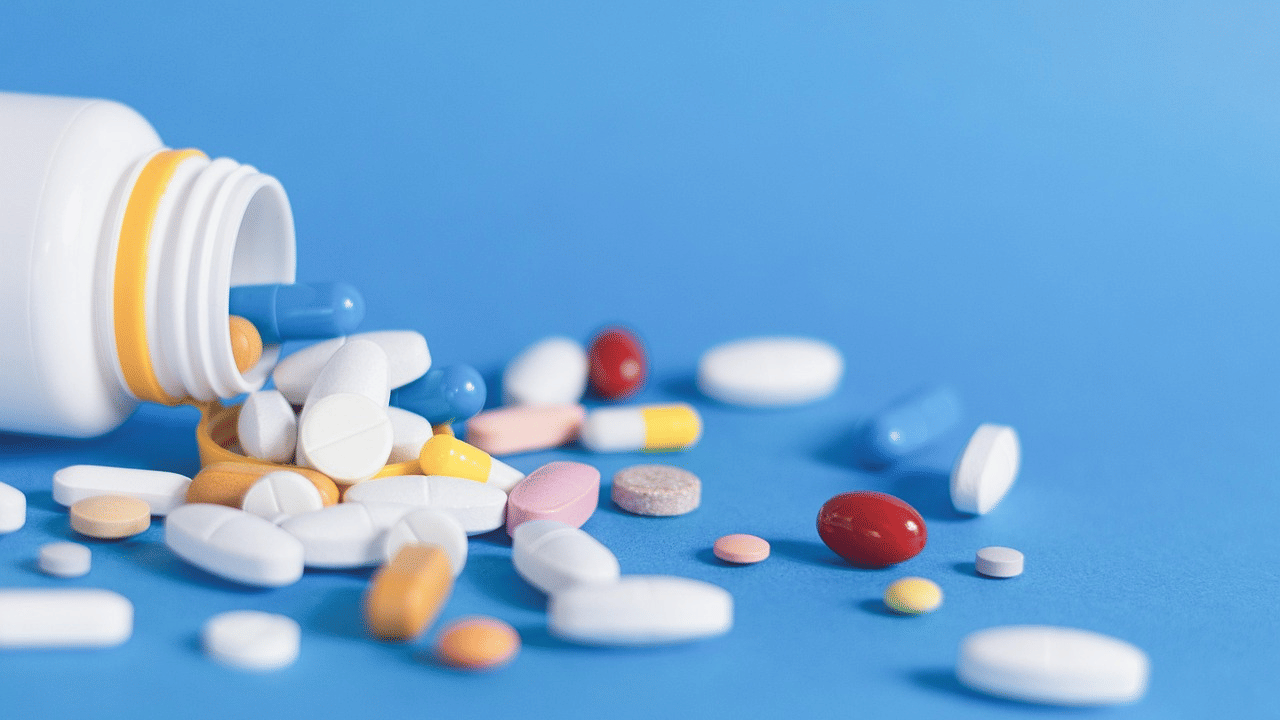New Delhi: The Indian pharmaceutical industry has been given an exemption from the latest tariff strike of the US government. The exemption comes as Washington recognised the importance of Indian generics in maintaining affordable healthcare.
US President Donald Trump implemented a 25 percent tariff on India in response to its purchase of Russian oil, raising the overall tariff to 50 percent, which comes into effect on August 27.
As per the Secretary General of the Indian Pharmaceutical Alliance, Sudarshan Jain, the sector got the exemption from enforcement as the US authorities now realize that Indian generic medicines are crucial for affordable treatment. Generic drugs operate on narrow profit margins, and any tariffs could shock the disrupted patient access.
Sandeep Pandey, co-founder at Basav Capital, noted that Indian pharma shipments were already being redirected to Australia following the 50% tariff enforcement, which heightened concerns over US drug supply security. US President Donald Trump’s exemption reflects the US’s deep reliance on India, with pharma making up nearly 40% of India’s total exports to America in FY25.
What if tariffs remain?
Brokerages maintain that if the US tariffs are extended to pharma, then Indian companies are expected to cut down their US portfolios. Brokerage firm Kotak Institutional Equities said many generic drugs already work on wafer-thin margins, thereby leaving little room to absorb higher costs. Passing down the cost may undermine healthcare affordability in the US
Pharma Stock to boost
As per Jefferies, generic manufacturers and CMOs (contract manufacturing organisations) face the higher risk due to their dependence on the US market.
Zydus Lifesciences: Zydus Lifesciences is expected to take a hit, as 45 percent of sales come largely from the US, comprising largely oral solid dosages.
Dr. Reddy’s Laboratories: Dr. Reddy’s Laboratories is expected to take a hit as 43 percent of sales come from the Western market. The injection component is most exposed from the tariffs.
Gland Pharma: Gland Pharma gets 54 percent of sales from the US, primarily from contract manufacturing.
Biocon: 50 percent of sales from the US; though direct exports are less than 30 percent, higher costs could further erode competitiveness.
As of now, the exemption shields India’s pharma sector. If US tariffs eventually cover generics, the impact could reshape the global pharmaceutical supply chain.
